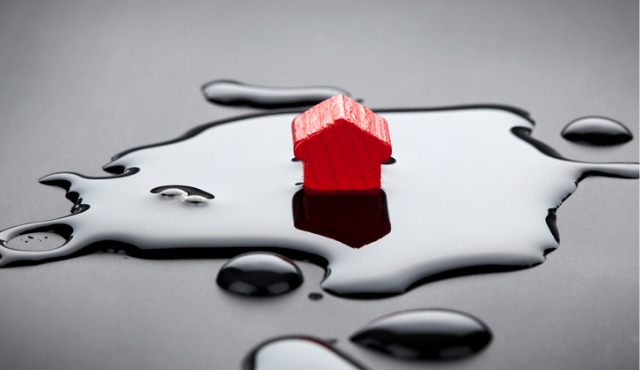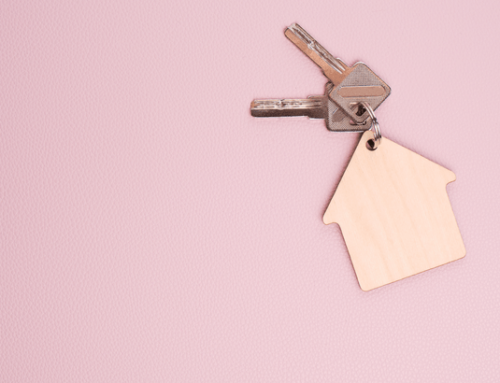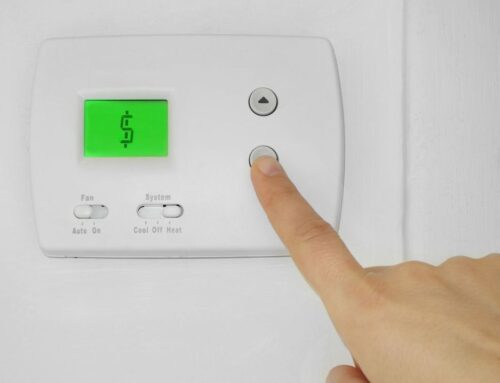Water damage is one of the most common problems that homeowners face. It is a nightmare to deal with and can cause extensive damage to the home. When water seeps into the home, it can damage floors, walls, furniture, and other possessions. To make things even worse, water damage can lead to mold growth, which can pose a serious health risk to you and your family.
The good news is that there are things you can do to prevent water damage from happening, and you can reduce the risk of costly repairs. This article will guide you through everything you need to know about water damage restoration and how to avoid costly repairs.
Identify the Source of Water
The first step in water damage restoration is to identify the source of the water. It could be from a broken pipe, a leaky roof, a faulty appliance, or heavy rains. Once you identify the source, you should immediately turn off the water supply to prevent further damage. If it is a large amount of water, you should call a professional water damage restoration company to help dry out the area.
Assess the Damage
After identifying the source of water, the next step is to assess the level of damage. You need to check the extent of the damage to furniture, floors, walls, and other possessions in the area. You should take photographs of the damage to provide evidence to your insurance company.
Call Your Insurance Company
You should call your insurance company as soon as possible. Most homeowners’ insurance policies cover water damage, so you should check with your insurance company to know the extent of the coverage. The insurance company will send an adjuster to assess the damage and provide an estimate for the cost of repairs.
Hire a Professional Water Damage Restoration Company
It is important to hire a professional water damage restoration company because they have the required expertise and equipment to handle the emergency. The restoration company will extract the water, dry out the area, and repair the damage caused by the water. They will also prevent mold growth by applying antimicrobial treatments.
Prevent Future Water Damage
To prevent future water damage, you need to take some preventive measures. Regularly inspect your plumbing and appliances for leaks. Install water alarms to detect any leaks early before causing significant damage. Ensure that your gutters and downspouts are clean and well-maintained to prevent water from seeping into your home through the roof.
Water damage can cause havoc in your home, but it is not the end of the world. By following the tips in this guide, you can minimize the damage and prevent costly repairs. You should always be vigilant and conduct regular inspections to ensure that your home is safe from water damage. In case of any water damage, you should act fast by assessing the damage, calling your insurance company, and hiring a professional restoration company. With these steps, you can rest easy knowing that you have done all you can to prevent further damage to your home.














